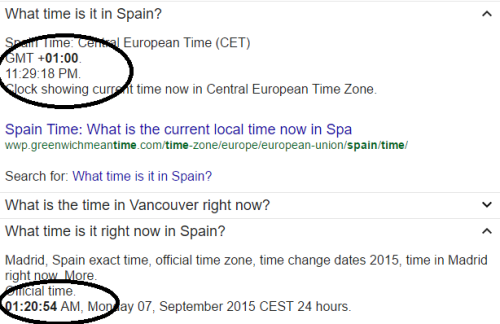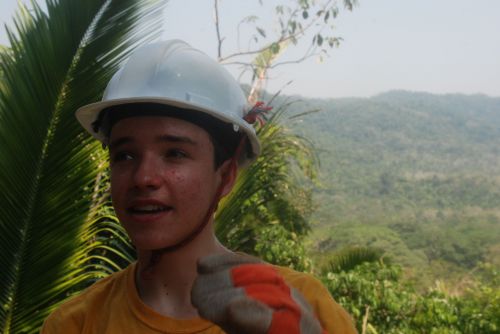I think I’m pretty much in line with the 99.9% of Canadians who either don’t pay attention or think that DJT is the possibly worst thing to happen in my lifetime.
That said, I feel just a *little* less so than I did a year ago. I think he probably has some valid points about trade with China, illegal immigration and other countries paying their share of NATO bills. Maybe there is more.
But then I saw this in Quora today: “Was Trump right when he called the Canadian Health System catastrophic?”
Now, I don’t know exactly what he said, but I do find it disheartening, and amazing, how consistently this statement-hidden-inside-a-question comes up. I mean, a large chunk of America really does believe this! And, I daresay that the Quora community is *less* likely to believe it than the average. And it is so easily refuted.
Here’s what I wrote:
“Absolutely not. I had to use it yesterday. My Mom had a major surgery last year. In both cases, NO WAIT. My Mom was attacked by a dog and was in the OR the next morning. I had a minor issue that required a GP. More to the point, also NO STRESS about insurance or who would pay. Look up the cost and outcomes statistics for various countries and it will become very clear which country’s system – there is only one – is a catastrophe.”



